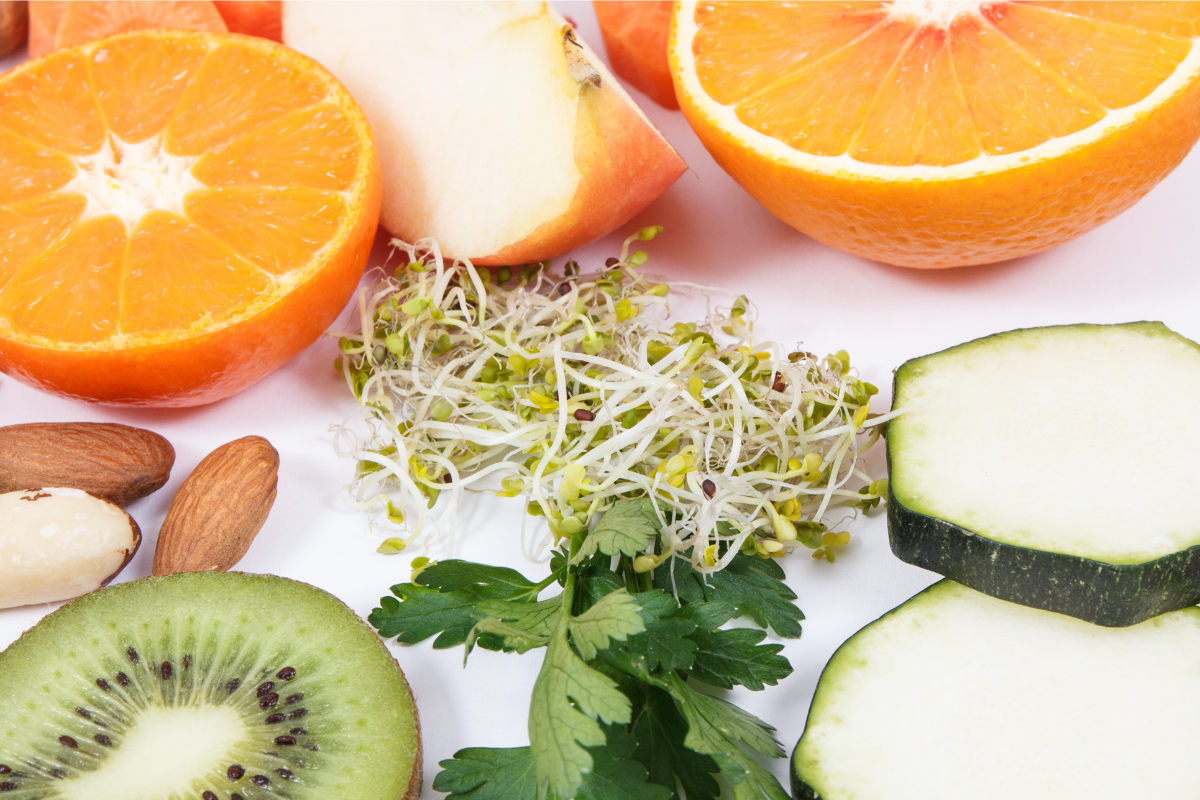Have you recently been diagnosed with hyperthyroidism? Or do you feel your symptoms coincide with the disorder? Well, worry not for this blog is a one-stop solution to help you deal with hyperthyroidism.
Hyperthyroidism is a condition where the thyroid gland is overactive and secretes the thyroid hormone in excess. The thyroid is a tiny gland situated at the bottom front of the neck and is responsible for many functions going on in the body, including metabolism and blood pressure.
In this blog post, we’re going to be discussing the nutrients required for dealing with hyperthyroidism and alternative foods rich in those nutrients.
Cruciferous vegetables tend to interrupt the thyroid gland from using up the iodine to produce the thyroid hormone. While cruciferous vegetables should be avoided at all costs in hypothyroidism, it’s a great alternative food for patients with hyperthyroidism. Vegetables like broccoli, cauliflower, kale, and Brussels sprouts are a few examples.
Iodine plays a key role in the functioning of the thyroid gland. While it is crucial to include it in your diet in case of hypothyroidism, it is best avoided in hyperthyroidism. Iodine revs up the production of thyroid hormones in the body. Hence, patients with hyperthyroidism should refrain from consuming iodine-rich foods like brinjal, kelp, and dairy. The best alternatives for those can be non-iodized salt, honey, maple syrup, fruits, oats, and potatoes.
Overproduction of the thyroid hormone leads to a very severe problem of bone degeneration. This can be extremely detrimental, especially for women who have already begun experiencing low bone density in their 30s. The best way to tackle this is to consume foods rich in calcium and Vitamin D. Spinach, kale, almond milk can make great alternative additions for calcium. Vitamin D can be included in the form of mushrooms, vitamin D supplements, and sunlight!
Healthy, unprocessed fats tend to reduce inflammation, which in turn helps in maintaining thyroid hormone production. Fats obtained from non-dairy alternatives can act as wonderful options. Avocado, flaxseeds, coconut oil, and sunflower oil can make up for great additions to your diet.
Zinc aids in converting the food we eat into energy. It also supports the immune system and thyroid function. Hyperthyroidism is often caused by Graves' disease, which is an autoimmune disease. So, consuming zinc-rich alternative foods can greatly help with managing overactive thyroid production. Chickpeas, mushrooms, cashews, pumpkin seeds, and cocoa powder can be wonderful additions to the diet.
Just like zinc, some spices can also help with reducing inflammation, thanks to their anti-inflammatory properties. Spices like green chilies, turmeric, and black pepper are some of the spices you can add to your meals. If cutting out salt is bothering you, do not worry, for these spices are at your service to add flavor to your plate!
Final thoughts
Hyperthyroidism is less prevalent than hypothyroidism in comparison. This is also the reason why much research on alternative foods for dealing with this disorder hasn’t been conducted. However, that shouldn’t bother you because now you have us!
Hyperthyroidism, just like hypothyroidism doesn’t have a ‘cure’ as such. The condition can only be reversed provided proper measures are taken. Do consult a doctor and eat a balanced diet to help with your symptoms. If you feel like your current symptoms are coinciding with this disorder, we urge you to get yourself tested.

